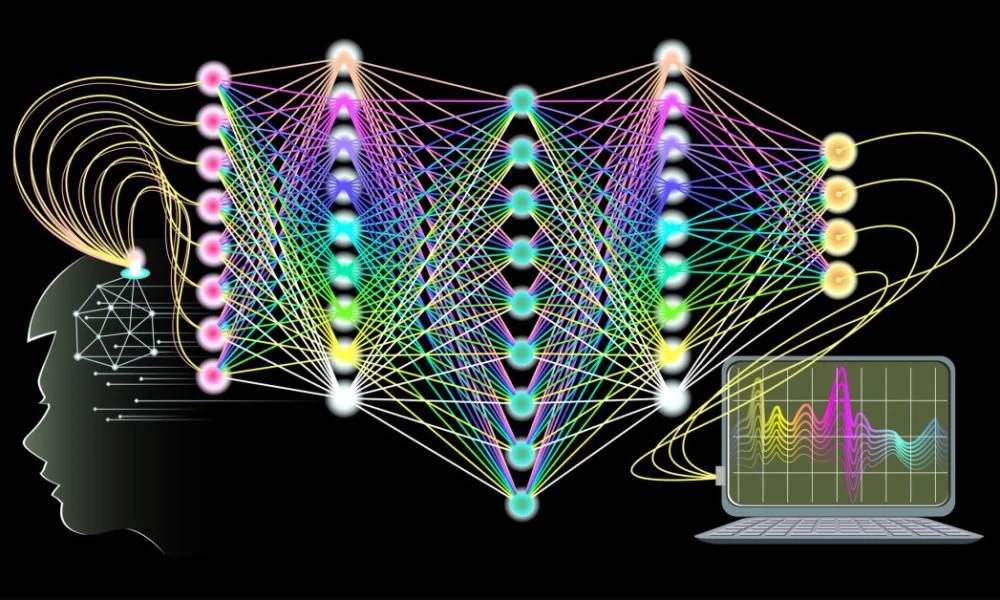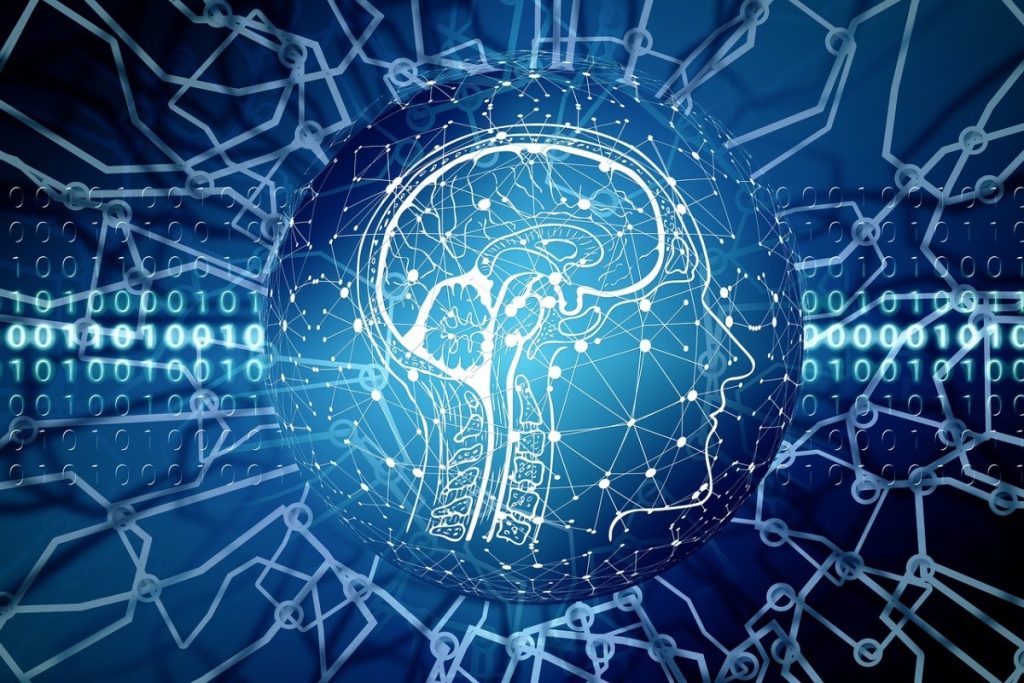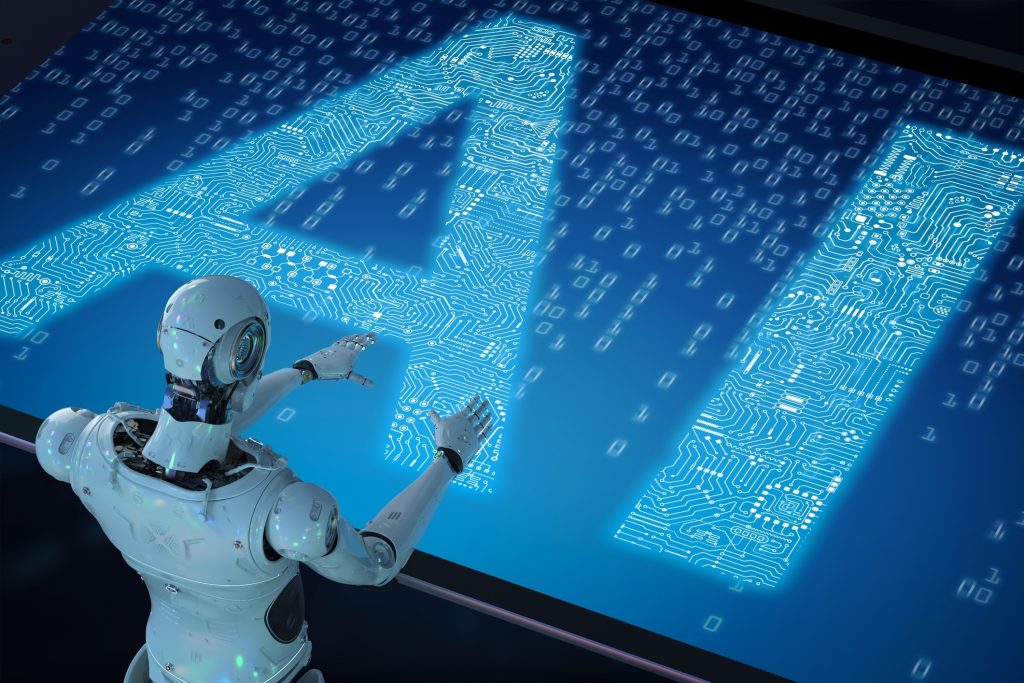A Short History of AI: From Dartmouth to Deep Learning

In the summer of 1956, a group of brilliant minds, including Claude Shannon and Herb Simon, gathered at Dartmouth College. Led by John McCarthy, this event marked the birth of artificial intelligence (AI). Their goal was to explore how machines could use language, form concepts, and solve human problems.
Early Explorations and Challenges

The initial decades saw diverse approaches, including symbolic logic and probability-based systems. However, these early methods struggled with real-world complexities, leading to AI’s decline in the 1980s.
The Rise of Neural Networks
Interest in AI was revived by the development of artificial neural networks, inspired by biological neurons. These networks, capable of learning from data, marked a significant shift from rule-based systems to models that adapt through training.
Deep Learning Breakthroughs

The early 1990s saw neural networks being used for tasks like handwriting recognition. The real breakthrough came in 2009 when GPUs were used to accelerate neural network training. This led to the development of deep learning, a method that significantly enhanced AI’s capabilities.
The Impact of Deep Learning
Deep learning revolutionized AI, achieving remarkable success in image recognition and other complex tasks. By 2015, it outperformed human accuracy in the ImageNet Challenge. This technology now powers applications from speech recognition to language translation.
Transformative Advances: Transformers and Large Language Models

In 2017, transformers improved neural networks’ ability to understand context, leading to powerful models like GPT-2 and GPT-3. These models showcased emergent behaviors, excelling in language tasks and beyond, culminating in the widespread use of AI chatbots like ChatGPT.
The Future of AI
The current generation of AI, driven by deep learning and transformer-based models, continues to evolve. These advancements promise to expand AI’s capabilities, raising new questions about their potential applications and ethical considerations.
























